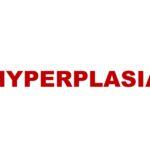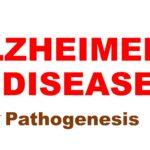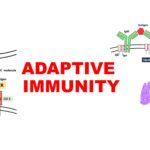Metaplasia: Types and Causes
What is metaplasia? Metaplasia is a reversible cellular adaptation in which one differentiated cell type (epithelial or mesenchymal) is replaced by another cell type. This change occurs in response to
Read MoreHyperplasia- Mechanism and Causes
What is hyperplasia? Hyperplasia is an increase in the number of cells in an organ or tissue, which can lead to the organ's enlargement. This process only occurs if the cell population is capable of
Read MoreHypertrophy: Mechanism & Causes
What is hypertrophy? Hypertrophy is the increase in the size of the parenchymal cells in an organ. What causes hypertrophy? Hypertrophy can be caused by increased functional demand or stimulation by
Read MoreAtrophy: Mechanism & Causes
What is Cellular Adaptation? Cellular adaptation refers to the process by which cells adjust to their environment in response to stress or abnormal conditions. This adjustment allows the cells to
Read MoreAlzheimer’s disease – Pathology and clinical features
What changes happen to the brain in Alzheimer's disease? In Alzheimer's, the brain shows cortical atrophy, particularly in the frontal and temporal lobes, meaning it shrinks in size. This results in
Read MoreALZHEIMER’S DISEASE – Pathogenesis
What is Alzheimer's disease? Alzheimer's disease is the most common cause of dementia among older adults, marked by the degeneration of neuronal cells, leading to impairments in cognitive functions,
Read MoreType I Hypersensitivity reaction.
Type I Hypersensitivity reaction. What are hypersensitivity reactions? Hypersensitivity reactions are injurious immune reactions characterized by excessive or harmful reactions of the immune system to
Read MoreADAPTIVE IMMUNITY
What is adaptive immunity? Adaptive immunity is part of the immune system that consists of lymphocytes and their products, including antibodies. It is classified into humoral immunity, which combats
Read More







